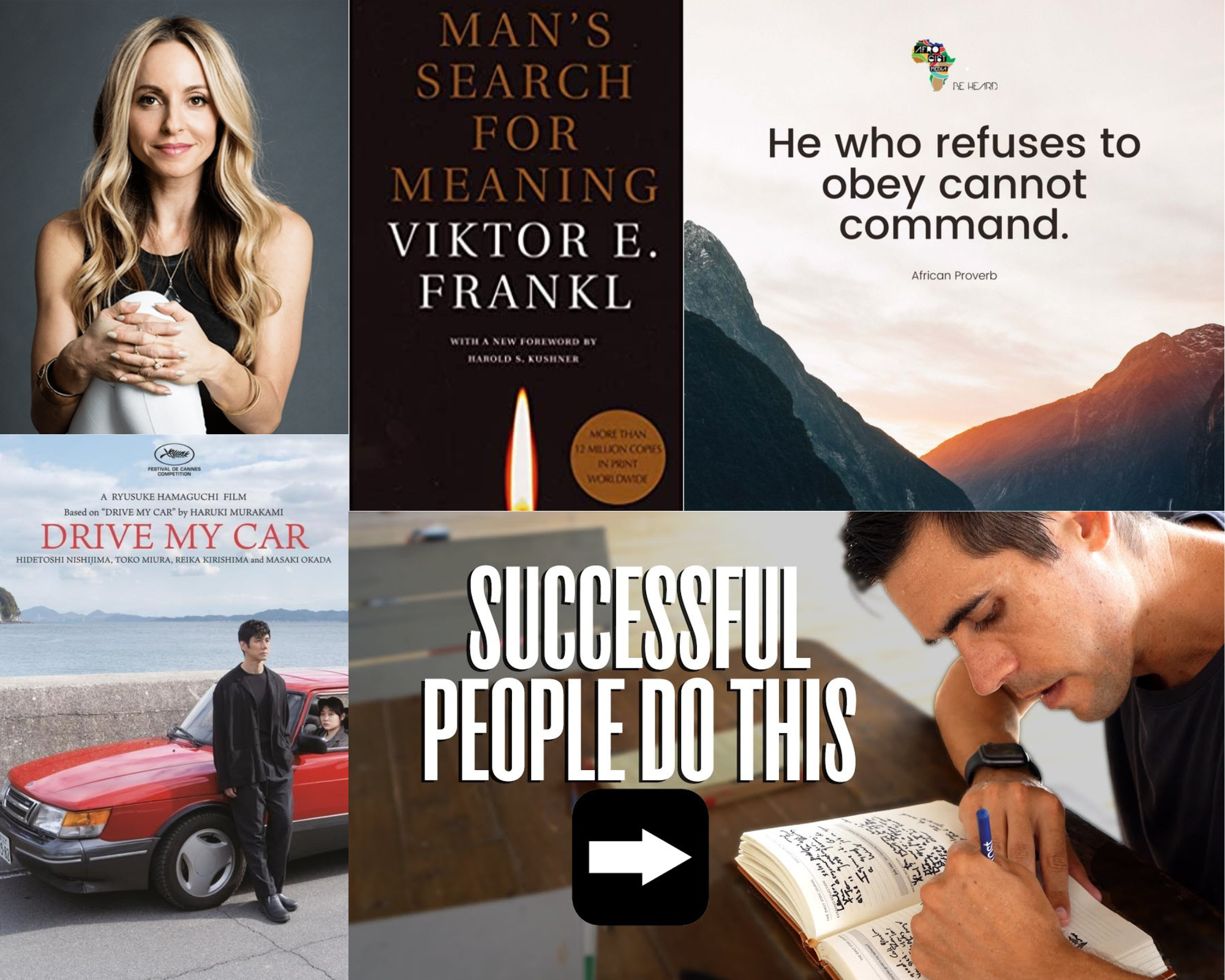Sunday Supplement #188 (December 15th, 2024)
Below is another Sunday Supplement with a quote worth sharing, a book worth reading, a movie worth watching, brainfood worth consuming, and a spiritual passage worth pondering.
Please take something away from these recommendations that enriches your week ahead!
Quote of the Week:
“Mistakes are always forgivable if one has the courage to admit them.”
– Bruce Lee
Book of the Week:
The Outsiders – S.E. Hinton
S.E. Hinton began writing the classic novel The Outsiders when she was in high school, and it was published in 1967 when she was 18.
Hinton’s novel follows the conflict between two rival gangs divided by socioeconomic status in Tulsa, Oklahoma.
The story is told in first person narrative from the point of view of a young “Greaser” named Ponyboy.
I first read this book in middle school, and it was one of the earliest books in my reading journey that has stuck with me over the years.
Movie of the Week:
The 2007 film Atonement chronicles a thirteen-year-old’s accusation that irrevocably changes several lives over the course of six decades.
Christopher Hampton adapted Ian McEwan’s novel, and Joe Wright directed the film. The cast included Kiera Knightley, James McAvoy, a young Saoirse Ronan, Brenda Blethyn, Harriet Walter, Juno Temple, Alfie Allen, and Benedict Cumberbatch.
Atonement was nominated for seven Academy Awards, including Best Motion Picture of the Year, Best Writing – Adapted Screenplay, and Best Performance by an Actress in a Supporting Role (for Ronan).
I don’t want to spoil anything about the story. It is a movie that is well worth putting on your watch list.
Brainfood of the Week:
5 Ways to Forgive Someone Who Wronged You | Einzelgänger
Einzelgänger’s YouTube channel features videos that explore different people and ideas of history with the aim of inspiring, resonating, and entertaining.
In the video’s introduction, Einzelgänger emphasizes the Viktor Frankl quote, “When we are no longer able to change a situation, we are challenged to change ourselves.”
Einzelgänger’s video then explores five healthy ways to forgive and let go based on philosophy and psychology.
I’ve featured several Einzelgänger videos in previous Sunday Supplements. If you enjoyed this video, check out the other posts or his YouTube channel.
Closing Spiritual Passage:
“If you offend, ask for pardon; if offended, forgive.”
– African Proverb
This African Proverb is a straightforward reminder for us to forgive others and to seek forgiveness when we have wronged.
However, I think both require awareness and reflection, which isn’t always easy. We can often fall victim to believing our narrative is the only correct one.
Realizing our mistakes and asking for forgiveness can be challenging. We might not receive the forgiveness we seek. But it is important to acknowledge our wrongdoings. It is also important to forgive others to release them and ourselves from the burdens.
Forgive yourself and others when you can, and have a blessed week ahead!


